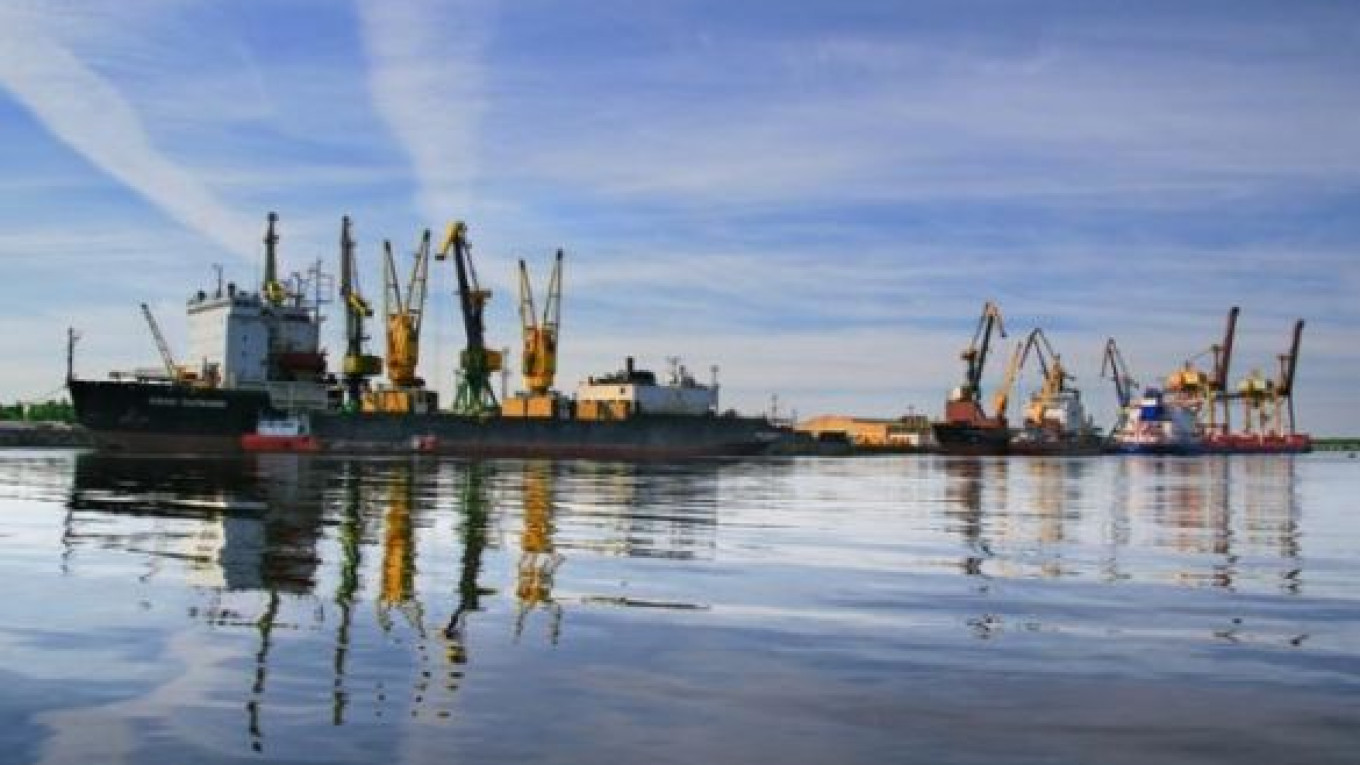Russia's ports need free economic zones to grow, the country's leading port operator said Tuesday.
Rosmorport, a state-owned port operator, said in a strategic development document published on its website that tax breaks would help attract investment crucial to the development of port infrastructure and modernization of equipment and management.
Special economic zones currently exist only at the ports of Murmansk in the Russian Arctic and Sovyetskaya Gavan in the Far East.
"It is necessary to extend this experience to other ports through which the most important cargo traffic flows, which have strategic importance for the Russian economy," the report stated.
The report said such zones were especially needed in other large Arctic ports like Arkhangelsk, which are expected to handle increasing flows of oil, gas and coal in the future, because they are in "difficult regions … which require much larger investments than building ports in other [sea] basins."
Skeptics have questioned the success of the two existing zones. In June, Sergei Ivashkin, first deputy industry and transport minister of the Khabarovsk region, said Sovyetskaya Gavan had been unable to realize potential because of poor rail links, Interfax reported.
Murmansk region governor Marina Kovtun said in June that the Murmansk zone could be closed because of problems with financing.
Earlier this summer, Gazprom, which is planning to build a large LNG processing facility in the area, reportedly criticized the Murmansk zone because its perks do not apply to chemical processing.
Other priorities identified in the strategy for development of port infrastructure until 2030 include making ports more attractive to trade by gradually deregulating tariffs on cargo handling in order to increase competition between ports and shift from a cost-plus model of payment to a price-capping system.
Related articles:
A Message from The Moscow Times:
Dear readers,
We are facing unprecedented challenges. Russia's Prosecutor General's Office has designated The Moscow Times as an "undesirable" organization, criminalizing our work and putting our staff at risk of prosecution. This follows our earlier unjust labeling as a "foreign agent."
These actions are direct attempts to silence independent journalism in Russia. The authorities claim our work "discredits the decisions of the Russian leadership." We see things differently: we strive to provide accurate, unbiased reporting on Russia.
We, the journalists of The Moscow Times, refuse to be silenced. But to continue our work, we need your help.
Your support, no matter how small, makes a world of difference. If you can, please support us monthly starting from just $2. It's quick to set up, and every contribution makes a significant impact.
By supporting The Moscow Times, you're defending open, independent journalism in the face of repression. Thank you for standing with us.
Remind me later.


